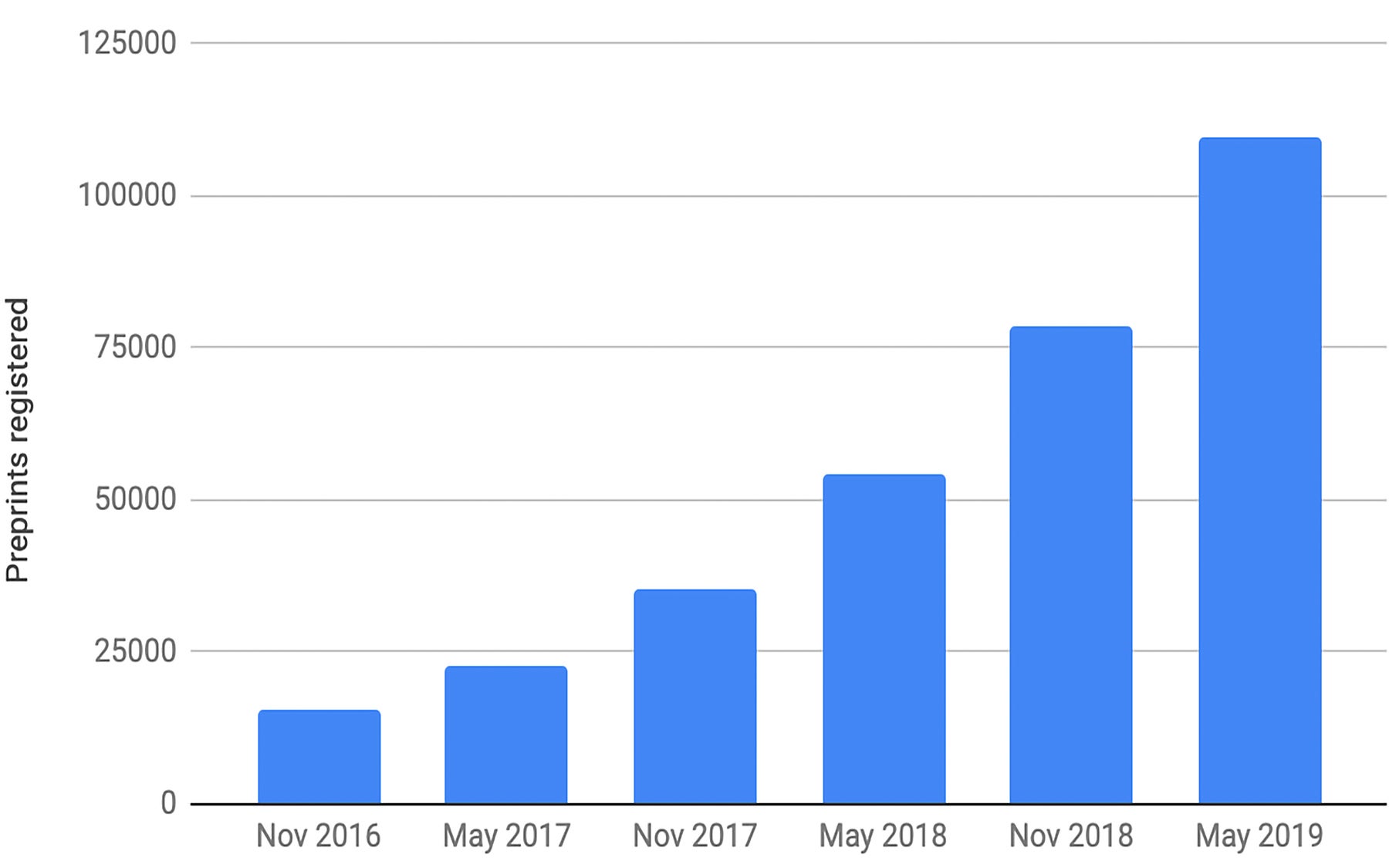Cold Spring Harbor, NY — Dr. John Inglis and Dr. Richard Sever, founders of bioRxiv from Cold Spring Harbor Laboratory (CSHL), and Dr. Michael Eisen, co-founder of Public Library of Science from University of California Berkeley propose Plan Universal (Plan U) to enlist funding organizations in making research more readily available through preprint servers.
“People have been talking about how to make scientific papers freely available for years, but these debates always get bogged down in arguments about how to fund journals and peer review. Plan U provides a really simple answer: just post a preprint,” said Sever. “If funders mandate preprint posting, we can do this tomorrow—plus we’ll get research out much sooner and create an environment that allows journals, scientific societies and funders to experiment with new ways to evaluate research.”
“The active encouragement of funding organizations has greatly assisted the growing adoption of preprints in many research disciplines, particularly the life sciences,” said Inglis. “Plan U urges funders to follow the lead of Chan Zuckerberg Initiative and take the additional step of mandating the posting of freely accessible preprints for all the work they support.”
The Plan U proposal, published in PLOS Biology, details a new solution to the problems of traditional publication timelines and accessibility in academia. Plan U calls on organizations that fund scientific research, like the National Institutes of Health (NIH) and the Howard Hughes Medical Institute (HHMI), to require the researchers they support to post their paper drafts on preprint servers before they submit the paper to journals.
Inglis, Sever, and Eisen argue that Plan U will benefit researchers around the world at thousands of institutions who will be able to access the latest research sooner and without the costly obstacle of a paywall. Plan U would also be expected to speed up research itself, as experts would be able to build on the work of others more quickly, as well as promote reproducibility.
The value of increasing preprints has been proven by the heavy use of arXiv, a preprint server used heavily in the physical sciences that hosts more than a million papers, and CSHL’s bioRxiv. CSHL launched the bioRxiv preprint server in November 2013 and received major support in May 2017 from the Chan Zuckerberg Initiative. BioRxiv currently hosts nearly 50,000 manuscripts from scientists in 104 countries and has a rapidly rising rate of adoption.
Written by: Sara Roncero-Menendez, Media Strategist | publicaffairs@cshl.edu | 516-367-8455
